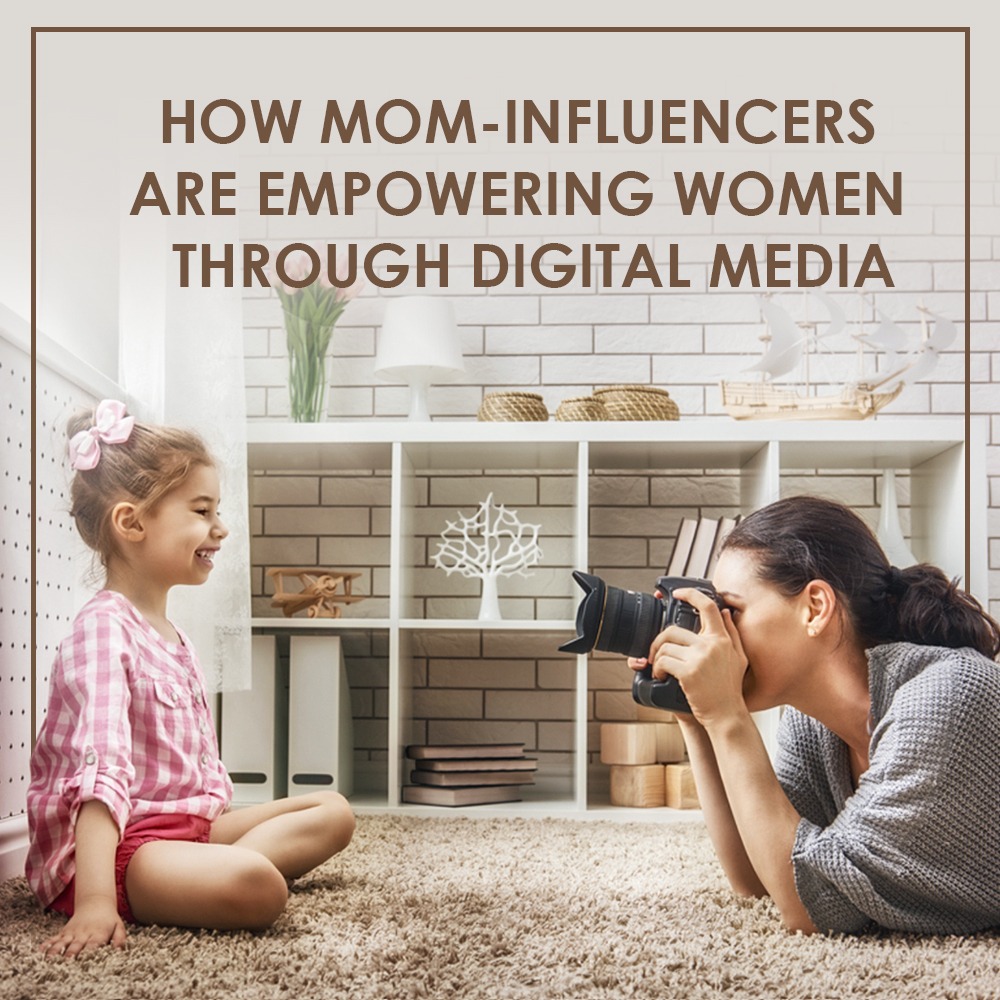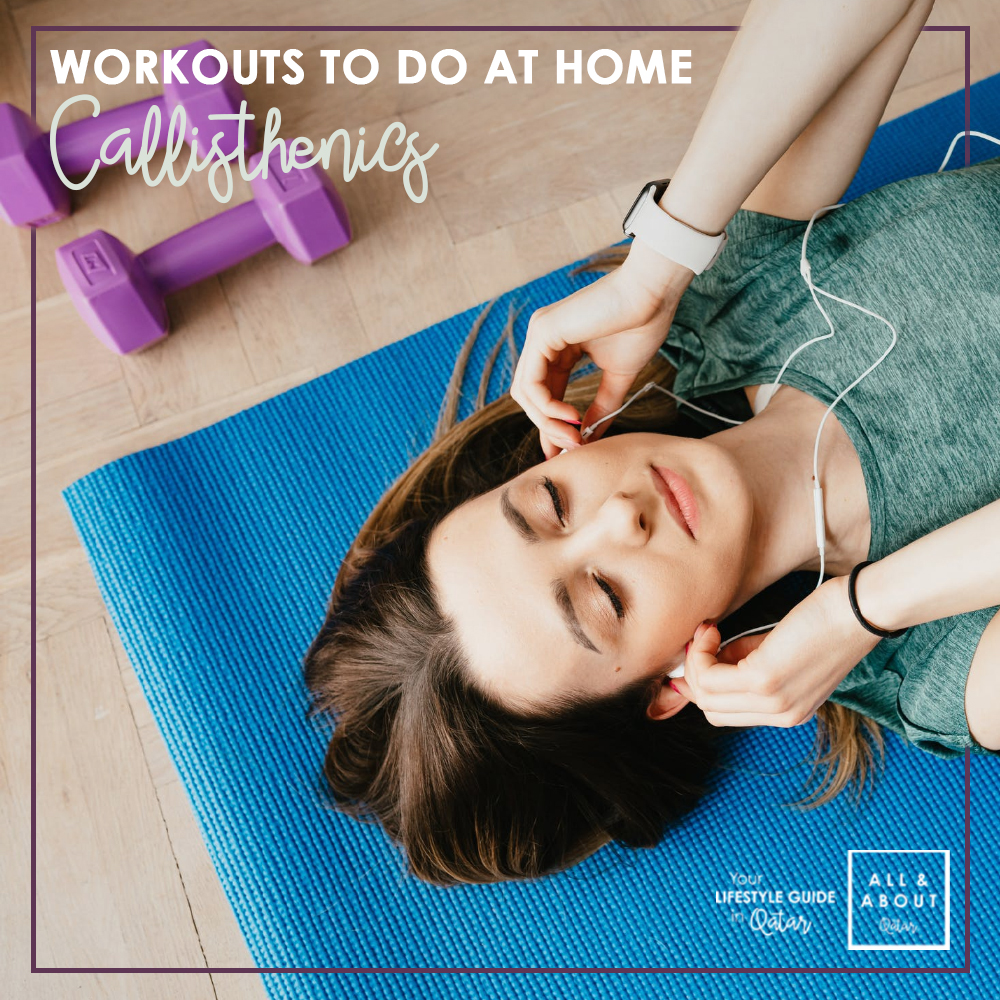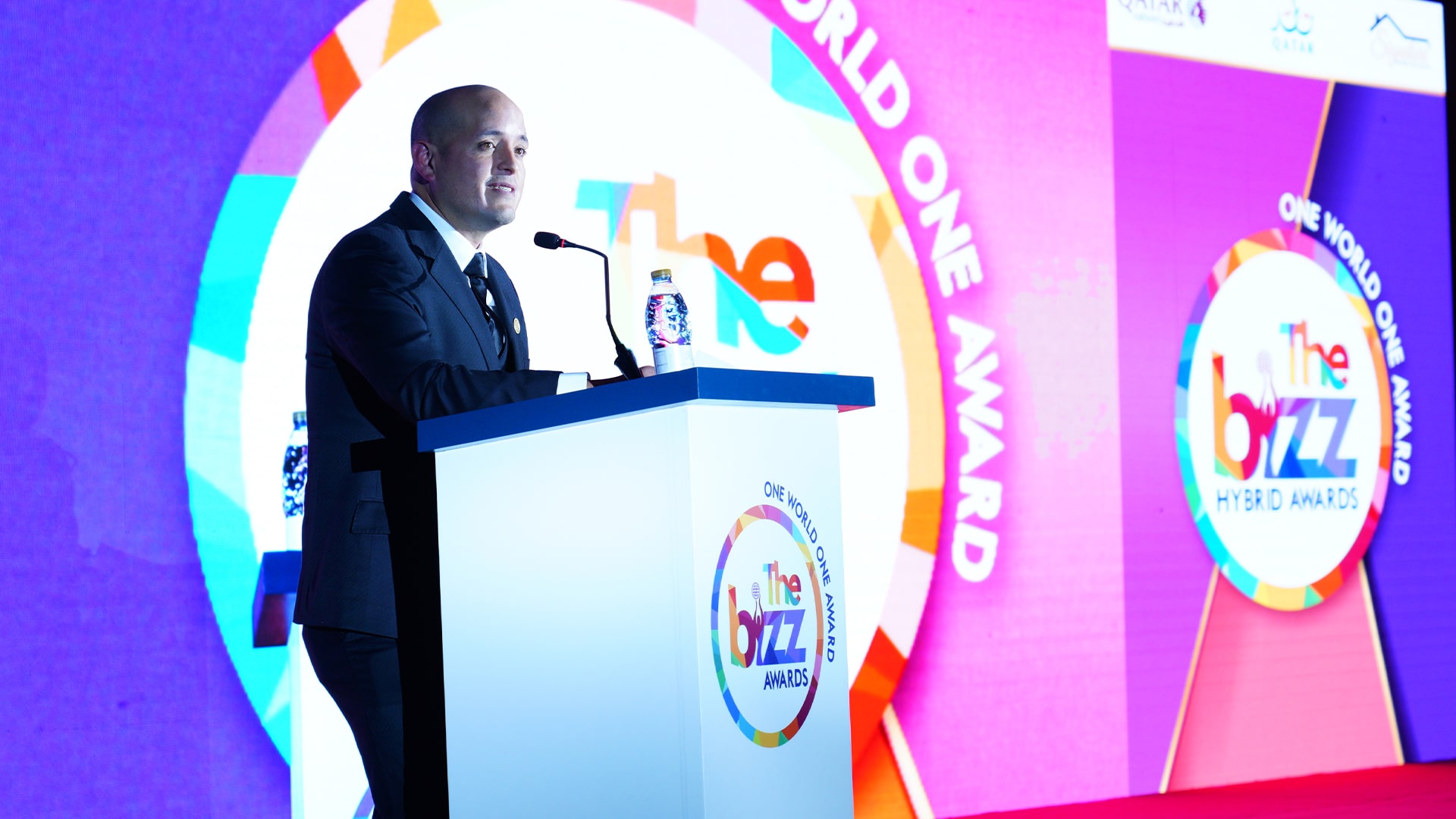Even though everyone knows about postpartum depression(PPD), not everyone talks about it. About a week after my first daughter was born, I had a sudden low in my life. Yes. I wasn’t ecstatic, but gloomy. I didn’t feel as close to my daughter as I should have. I didn’t love my husband like I used to and, some days, I didn’t love him—or Aizah—at all. I became increasingly disconnected, empty, and emotional.
I do remember sitting on my bed every evening, crying. Totally out of the blue, without even feeling sad about anything in particular, the tears would just start flowing. I dreaded sunsets. I’d never felt that out of control of my feelings. And I also had a terrible thought about tossing my baby out the window when she was about a month old, which gave me more empathy for moms who have frightening thought episodes.
I’d like to offer you words of understanding, to tell you I know how you feel, but I can’t. Because even this is not a full-fledged postpartum depression (PPD). PPD is impossible to explain. It is as much a feeling as it is a void of feelings. It’s confusing, illogical, and indiscriminate.
But you know what a bigger issue is? So many of us moms don’t talk about it. We struggle with it, suffering in silence, hiding the sadness, pain, and numbness behind a façade of smiling selfies and milestone updates.

Source: Time
I get it. It’s hard to admit that we’re not OK, especially as it’s about motherhood. We’re constantly told, by society and our own ideals that motherhood is supposed to be magical and glorious. But reality is a different story, and some of us get hit harder than others. We never imagined it to be like this. We never imagined we would feel this way.
We keep wondering, What the hell is wrong with me? I should be handling motherhood better than this, like my mom did, like all my friends do, and like everyone other than me does. I’ll tell you what exactly is “wrong with you” PPD is result of chemical, social and psychological changes associated with having a baby.
The chemical changes involve a rapid drop in hormones after delivery. The levels of estrogen and progesterone, the female reproductive hormones, increase tenfold during pregnancy. Three days into postpartum, the levels of these hormones drop back to what they were before pregnancy (and that’s a huge turmoil!)
Other factors that contribute to the development of PPD include the physical exhaustion after giving birth, the emotional adjustment of becoming a parent, and sleep deprivation (no mother can escape this). These are the reasons behind your PPD. NOT you being a bad mom! PPD results from a combination of hormonal, environmental, emotional, and genetic factors that are beyond your control. Stop blaming yourself for having it, depression doesn’t happen because of something you did or didn’t do.
Thankfully, we live in an era where PPD is at least acknowledged as a real thing. We have doctors and medications that can help pull you out of the hole. You definitely don’t need to go through this alone. Do a Google search for “online PPD support groups”—there are loads of them. One of the perks of internet is that it allows you to bare your soul to virtual strangers, which is often easier than in real life. Of course, you’ll come across moms who don’t understand, who can’t see anything outside of their own experience, and who make you feel like there’s something wrong with you. Forget them. They are not the majority, and they are not the people you should be giving your attention.
Seek out support and solidarity, even if it takes a while to find it. I know it’s hard, but let other moms know what you’re going through. You might be surprised at how many moms have felt exactly like you do!
For more Health Care articles click here.
By Jasmine Sharif @stylehappysmiles






Leave A Comment
You must be logged in to post a comment.